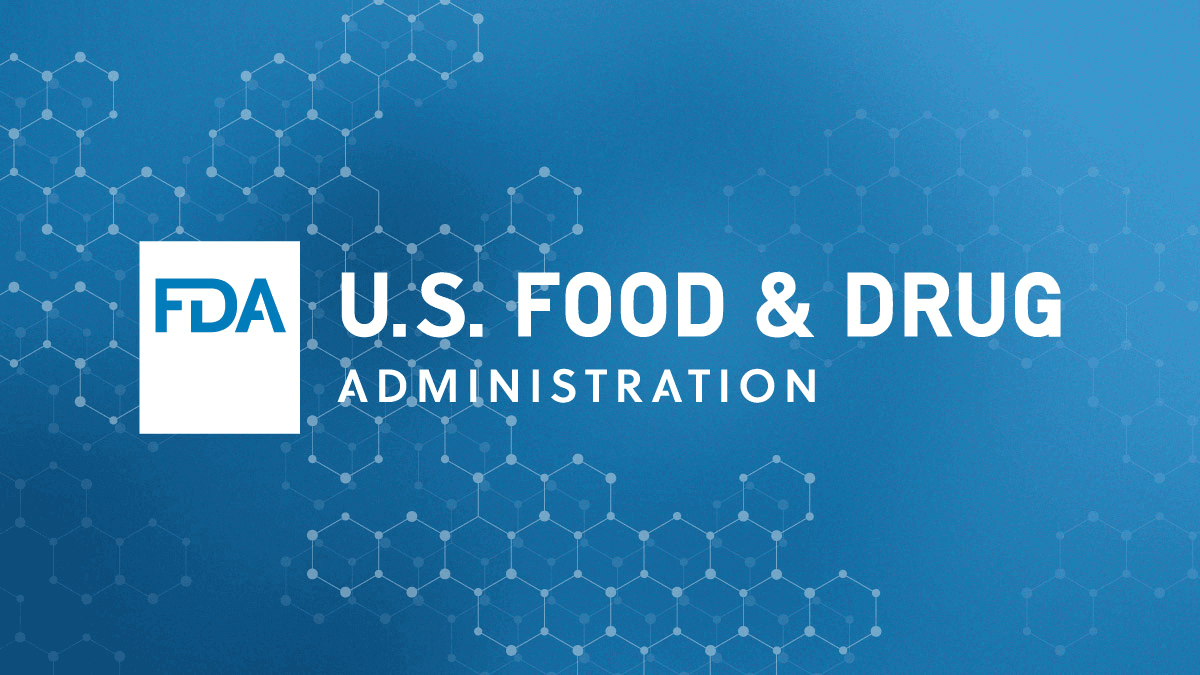akflightmedic
Forum Deputy Chief
- 3,916
- 2,600
- 113
Ok for anyone who is interested. I finally got a phone call from the CA Board of Nursing.
The lady who called me sounded very geriatric and as we chatted for nearly 30 minutes, she did mention she had been a RN for over 50 years!!!
Anyways, we reviewed the statutes, some definitions, what the BON does, and then of course this very specific practice question as it relates to BON and RNs in CA.
First, there is NO rule anywhere that in anyway prohibits the mixing of compatible medications. None. There is NO rule. Especially one which specifically names Zofran and Morphine.
*There is NO rule. This is NOT illegal in CA and this does NOT jeopardize your license.
As copied and pasted earlier in this thread, there is a rule which says RNs will not compound drugs. Morphine and Zofran mixing is NOT compounding.
Second, she stated that about 3-5 years ago “or maybe longer”, she recalls this similar question/issue making the rounds. During that time, it was discovered many facilities have their own interpretations and set practice guidelines around that. So yes, individual facilities may ban this practice, however that is THEIR decision based on their own reasoning. And subsequently, no one really revisits or challenges this silliness. Click this link if you care to know more about an experiment which highlighted organizational dysfunction. https://www.google.com/.../five-monkeys-experiment...
Anyways....the myth has permeated so many facilities for so long and been spread like wildfire that it now seems to be “fact”.
Finally, the Board of Pharmacy has absolute final authority in CA with regards to compounding and what the definition means. While they do not dictate the scope of practice for RNs in CA, they heavily influence it by their decisions, recommendations, etc.
The BON made it very clear to me that they do not lay out what RNs can and cannot do, but then kind of implied they do. Lol. She followed up with there are way too many cooks in the kitchen and they are all using different recipes.
Also, the Board of Pharmacy could potentially have different interpretations of rules and regs in different regions. All dependent upon who is in charge of that region. She again said this is longstanding issue.
So this minor issue of mixing morphine and Zofran is NOT illegal or banned by BON.
However it could be banned by certain facilities who chose that OR it could be banned by whichever Board of Pharmacy person is in charge.
How’s that for a fine example of the craziness we call California??
The lady who called me sounded very geriatric and as we chatted for nearly 30 minutes, she did mention she had been a RN for over 50 years!!!
Anyways, we reviewed the statutes, some definitions, what the BON does, and then of course this very specific practice question as it relates to BON and RNs in CA.
First, there is NO rule anywhere that in anyway prohibits the mixing of compatible medications. None. There is NO rule. Especially one which specifically names Zofran and Morphine.
*There is NO rule. This is NOT illegal in CA and this does NOT jeopardize your license.
As copied and pasted earlier in this thread, there is a rule which says RNs will not compound drugs. Morphine and Zofran mixing is NOT compounding.
Second, she stated that about 3-5 years ago “or maybe longer”, she recalls this similar question/issue making the rounds. During that time, it was discovered many facilities have their own interpretations and set practice guidelines around that. So yes, individual facilities may ban this practice, however that is THEIR decision based on their own reasoning. And subsequently, no one really revisits or challenges this silliness. Click this link if you care to know more about an experiment which highlighted organizational dysfunction. https://www.google.com/.../five-monkeys-experiment...
Anyways....the myth has permeated so many facilities for so long and been spread like wildfire that it now seems to be “fact”.
Finally, the Board of Pharmacy has absolute final authority in CA with regards to compounding and what the definition means. While they do not dictate the scope of practice for RNs in CA, they heavily influence it by their decisions, recommendations, etc.
The BON made it very clear to me that they do not lay out what RNs can and cannot do, but then kind of implied they do. Lol. She followed up with there are way too many cooks in the kitchen and they are all using different recipes.
Also, the Board of Pharmacy could potentially have different interpretations of rules and regs in different regions. All dependent upon who is in charge of that region. She again said this is longstanding issue.
So this minor issue of mixing morphine and Zofran is NOT illegal or banned by BON.
However it could be banned by certain facilities who chose that OR it could be banned by whichever Board of Pharmacy person is in charge.
How’s that for a fine example of the craziness we call California??

